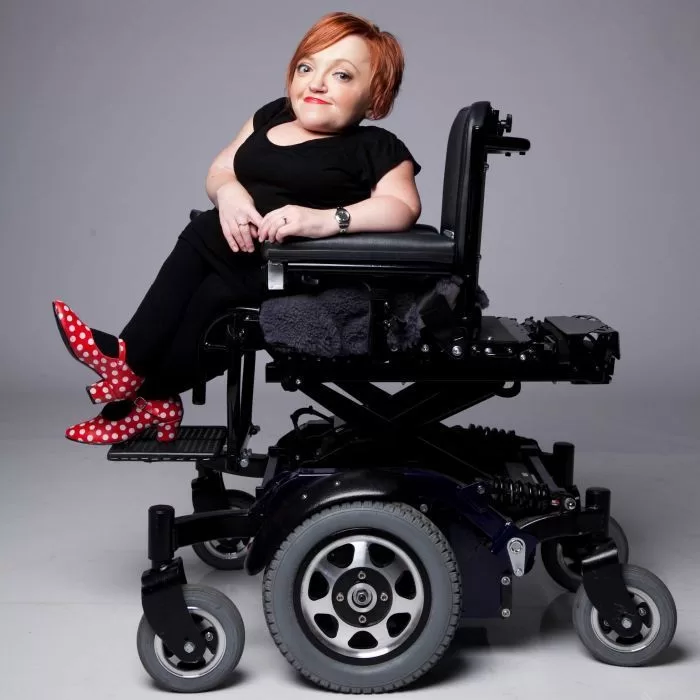Updated on July 17, 2024

Duty of Care simply means ensuring your actions or non-actions do not cause harm or injury to your client or the person receiving care.
It is the act of taking reasonable measures to protect and not cause foreseeable harm to the person under your care as a support worker.
By choosing to work in the disability sector you have a legal and moral responsibility to keep the people you support, safe from harm while they are in your care.
What is Duty Of Care In Disability Support?
The duty of care is a legal obligation, one that requires caregivers to take reasonable steps to ensure that their clients are not harmed or injured in any way, so far they are under their care.
In addition to social, emotional, and physical care, this obligation covers everything.
As a disability support worker, you are not only legally obligated to care for clients, you are practically responsible for them.
You must take every possible measure to protect your clients from harm, be it external factors or their actions.
To effectively practice the duty of care responsibility you need to possess patience, and critical thinking skills, amongst others. You must be compassionate and respectful of your clients’ rules and dignity.
Caregivers must provide support tailored to each client’s needs and strive to improve every quality of care provided.
Key Principles of Duty Of Care In Disability
1. Respect for Dignity and Autonomy
Disability support providers must respect their client’s autonomy and choice.
As a caregiver, yours is to assist, but you must allow your clients to decide their lives by themselves.
The caregiver is responsible for providing support that helps the client to reach their goals.
You must always ensure your clients are treated with respect and dignity.
2. The Right to Safety and Security
People with disabilities have the right to feel safe in their personal space, and even in the outside environment.
Caregivers must ensure that their clients are safe from abuse, discrimination, bullying, and neglect.
This may include implementing safety protocols, identifying risks, and responding quickly to concerns the client may have.
3. Duty To Act
Caregivers must act when their client raises concerns about any risk that may impact their well-being and livelihood.
This may include reporting suspected abuse, or neglect and addressing behavioural attitudes or seeking medical attention, wherever the case may be.
4. Professional Competence
Providing high-quality care and support to people with disabilities requires knowledge, willingness, and tolerance.
It can be challenging, but maintaining professionalism and not letting frustration get the better of you, as a caregiver is important.
As a disability support giver, you must stay up to date, with best practices in disability support and seek ongoing professional development to improve your skills.
5. Collaboration and Communication
Effective mode of communication is very important when tendering to a disabled person.
Disability workers must work closely with relatives, family members, and friends to understand what the disabled is like.
Understanding and creating simple fun ways to relate with the disabled is a big step in the right direction, as this can cause a great improvement for both the disabled and the support giver.
Caregivers must be transparent and communicate openly with their clients about any concerns or issues that may also be detrimental to them.
Why is The Duty Of Care Important?
The duty of care enables the well-being and safety of people with disabilities. Disability support givers are abreast of the duty of care policy and make sure their clients are kept from harm and safe.
Also, disabled individuals benefit from the duty of care by being able to be autonomous and independent.
By providing support specific to each disabled person, disability support coordinators can help their clients achieve their goals and aspirations.
Finally, the duty of care in disability is important because it helps in promoting trust and confidence between disabled persons and their caregivers.
The duty of care provides a framework for ensuring that disability support providers adhere to these decisions.
Conclusion
A duty of care policy is placed there to ensure that the disabled person does not undergo any harm whatsoever. It is a safe space for the disabled. A shield guiding them. And as their caregiver, you must exercise this policy to the fullest to ensure their safety.
Looking for reliable and trustworthy care services?
At Centre Disability Support, we offer tailored support services for individuals with disabilities throughout Australia. We offer housing options in Logan, Ipswich and Brisbane areas, where we provide independent supported living or assist individuals in finding suitable options for individualised living.
Additionally, we provide day-to-day support for individuals with mental health issues, complex behaviour and other types of disabilities. We also have support coordinators available to assist with planning, navigating NDIS plans, and offering casework support.
Whether you’re seeking support for yourself, or a loved one, or simply wish to learn more about our services, we’re here to help.
MORE FROM CENTRE DISABILITY SUPPORT
What is Active Support in Disability?



